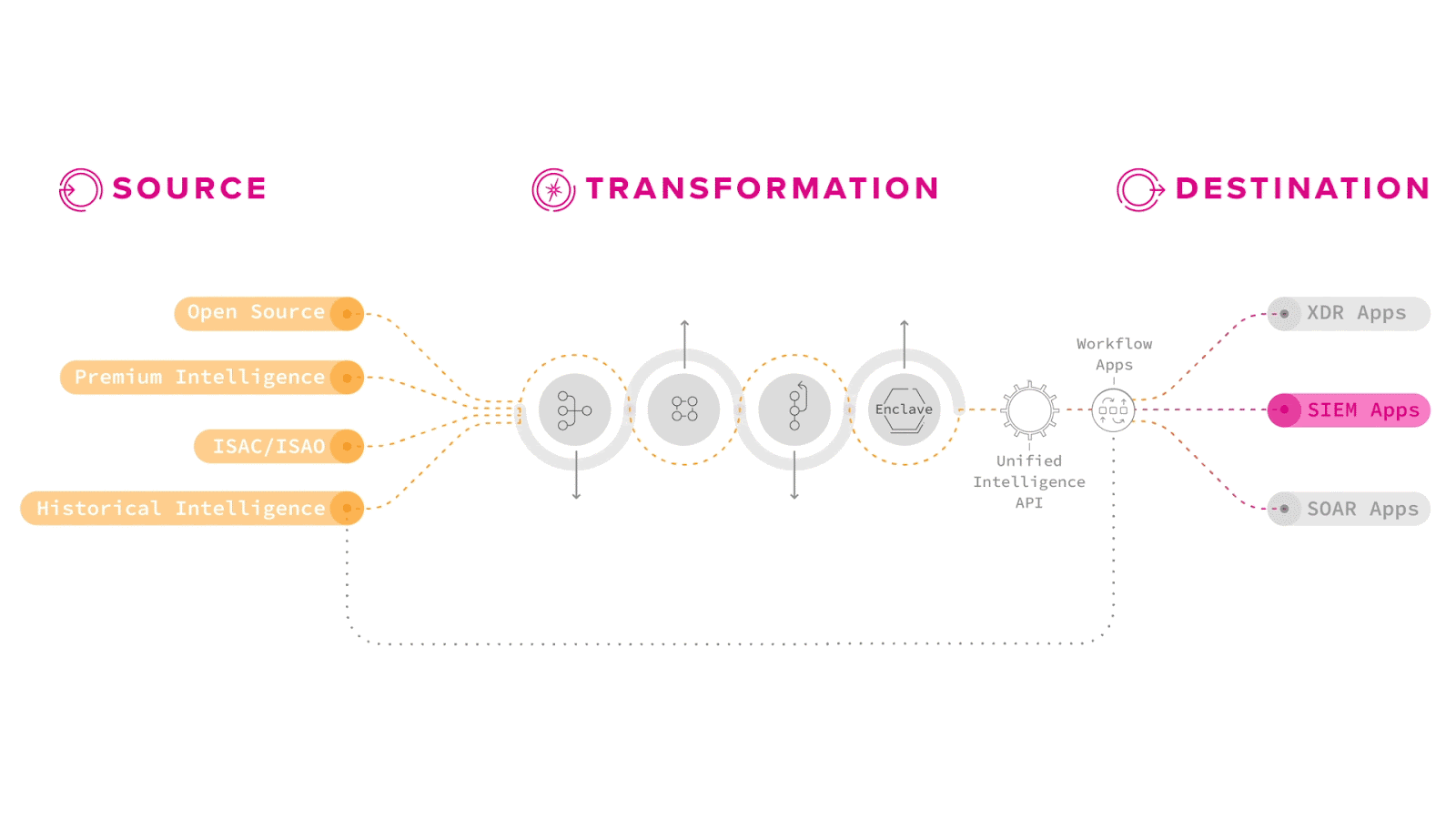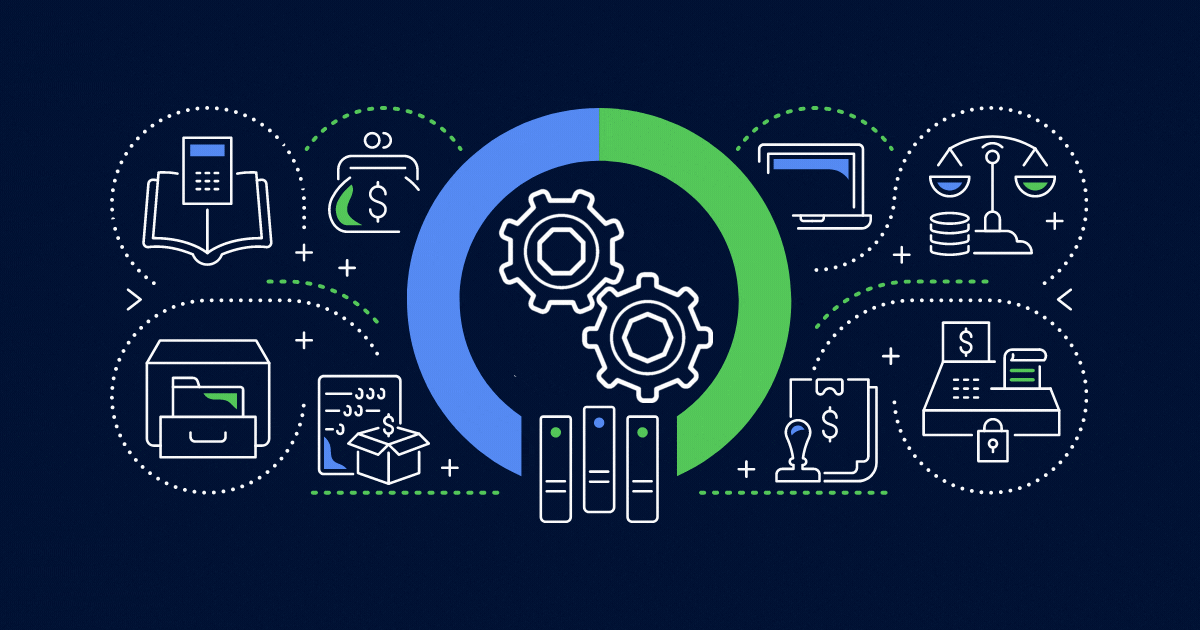
The market size of global retail automation was estimated to be worth 12.2 billion USD in 2021. It is expected to reach a whopping 33 billion USD by the year 2030. Therefore, it’s no secret that retail automation is the key to remaining competitive in the rapidly evolving retail landscape.
By leveraging cutting-edge automation tools, retailers can streamline operations, reduce costs, and create a seamless shopping journey for their customers. In this blog post, we’ll explore five proven tactics to harness the power of retail automation in India and transform the way businesses operate.
Elevating Retail Excellence: The Automation Imperative
In the pulsating heart of the retail sector, a transformative force is reshaping the landscape – automation. The journey from manual operations to a symphony of seamless, tech-driven processes has become a hallmark of progressive retailers.
For instance, look at how Amazon made headlines with its Amazon Go retail concept. In order to shorten wait times, the business used automation technology. It also analysed consumer data to improve assortments and customise promotions. Ten Amazon Go stores were operating in three US cities in May 2019. By the year’s end, the growth opportunities obtained through retail automation helped them form ambitious plans to expand to 3,000 stores.
It proves that inthis era of digital acceleration, staying competitive requires more than traditional methods; it demands a paradigm shift toward embracing automation.
As we delve into the strategies that redefine the retail experience, let’s explore how automation is no longer a luxury but an imperative for those aiming to thrive in the dynamic retail ecosystem.
Now, let’s unveil the five proven tactics that unlock the true potential of retail automation, propelling businesses into a future where efficiency meets innovation.
1. Automated Inventory Management: The Backbone of Retail Efficiency
In the dynamic world of retail, maintaining an accurate and well-managed inventory is crucial. Manual inventory management is not only time-consuming but also prone to errors that can lead to stockouts or overstock situations. Enter automated inventory management systems, a beacon of efficiency in the retail landscape.
In Reliance stores, automated inventory management streamlines operations seamlessly. Utilizing advanced technology, RFID tags, and IoT devices, the system tracks real-time inventory levels. This not only reduces the likelihood of errors but also provides real-time visibility into stock levels. With automated alerts for low-stock items and predictive analytics to forecast demand, retailers can optimise inventory levels, minimise carrying costs, and ensure that shelves are always well-stocked with the products customers desire.
2. Intelligent Point-of-Sale (POS) Systems: Enhancing Customer Checkout Experiences
The checkout process is a critical touchpoint in the customer journey, and retailers can significantly enhance this experience through intelligent point-of-sale systems. Automated POS systems not only speed up transactions but also offer a range of benefits, from seamless integration with inventory management to robust reporting capabilities.
Modern POS systems are equipped with features like contactless payment options, self-checkout kiosks, and mobile payment capabilities. These not only cater to the preferences of today’s tech-savvy consumers but also reduce queuing times and improve overall customer satisfaction.
Furthermore, by integrating POS data with customer relationship management (CRM) systems, retailers can gain valuable insights into customer behaviour, enabling personalised marketing strategies and loyalty programs.
3. Personalised Marketing through AI-driven Customer Insights

Understanding customer preferences and tailoring marketing strategies accordingly is a cornerstone of successful retail. Amazon leverages personalised marketing on Instagram to enhance the shopping experience for users. Through sophisticated algorithms, Amazon tailors Instagram advertisements based on individual preferences, purchase history, and browsing behaviour.
Automation tools, powered by AI algorithms, analyse vast amounts of customer data to identify trends, preferences, and buying behaviours. By segmenting customers based on these insights, retailers can create targeted marketing campaigns that resonate with specific audiences.
Whether it’s personalised product recommendations, exclusive promotions, or personalised communication through email or social media, AI-driven customer insights enable retailers to build meaningful connections with their customer base.
4. Supply Chain Automation: Streamlining the Journey from Warehouse to Customer Doorstep

Efficient supply chain management is a key differentiator in the retail industry. With the rise of e-commerce and the demand for fast, reliable delivery, supply chain automation has become imperative. Automated order processing, route optimisation, and real-time tracking are just a few examples of how automation is transforming the supply chain landscape.
Automation in the supply chain not only reduces manual errors but also accelerates order fulfilment and delivery times. By integrating supply chain automation with inventory management systems, retailers can achieve a synchronised and seamless flow of products from the warehouse to the customer’s doorstep.
This not only enhances customer satisfaction but also positions retailers as reliable and efficient players in the competitive market.
5. Chatbots for Enhanced Customer Service: 24/7 Support at Your Fingertips
In the digital age, customers expect instant and round-the-clock support. Enter chatbots, the automated customer service representatives that are transforming the way retailers interact with their customers.
Amazon integrates chatbots to provide a more intuitive and convenient shopping experience. Through platforms like Amazon Alexa, users can engage in natural language conversations with chatbots to search for products, get personalized recommendations, and place orders seamlessly.
Whether it’s answering product-related questions, assisting with the order process, or resolving common issues, chatbots are available 24/7 to provide immediate support. This not only enhances customer satisfaction but also frees up human resources to focus on more complex tasks that require human intuition and creativity.
Revolutionising Retail: Embracing Automation for a Seamless Future

The power of retail automation is undeniable. By adopting these proven tactics, retailers can not only streamline operations but also create a customer-centric shopping experience that sets them apart in the competitive retail landscape. As technology continues to advance, embracing automation will be a strategic move for retailers looking to thrive in the future of retail.
Are you ready to revolutionise your retail operations? Elevate efficiency, delight your customers, and stay ahead of the competition with OgmentO’s cutting-edge automation solutions. Discover the power of innovation – transform your retail journey today!

